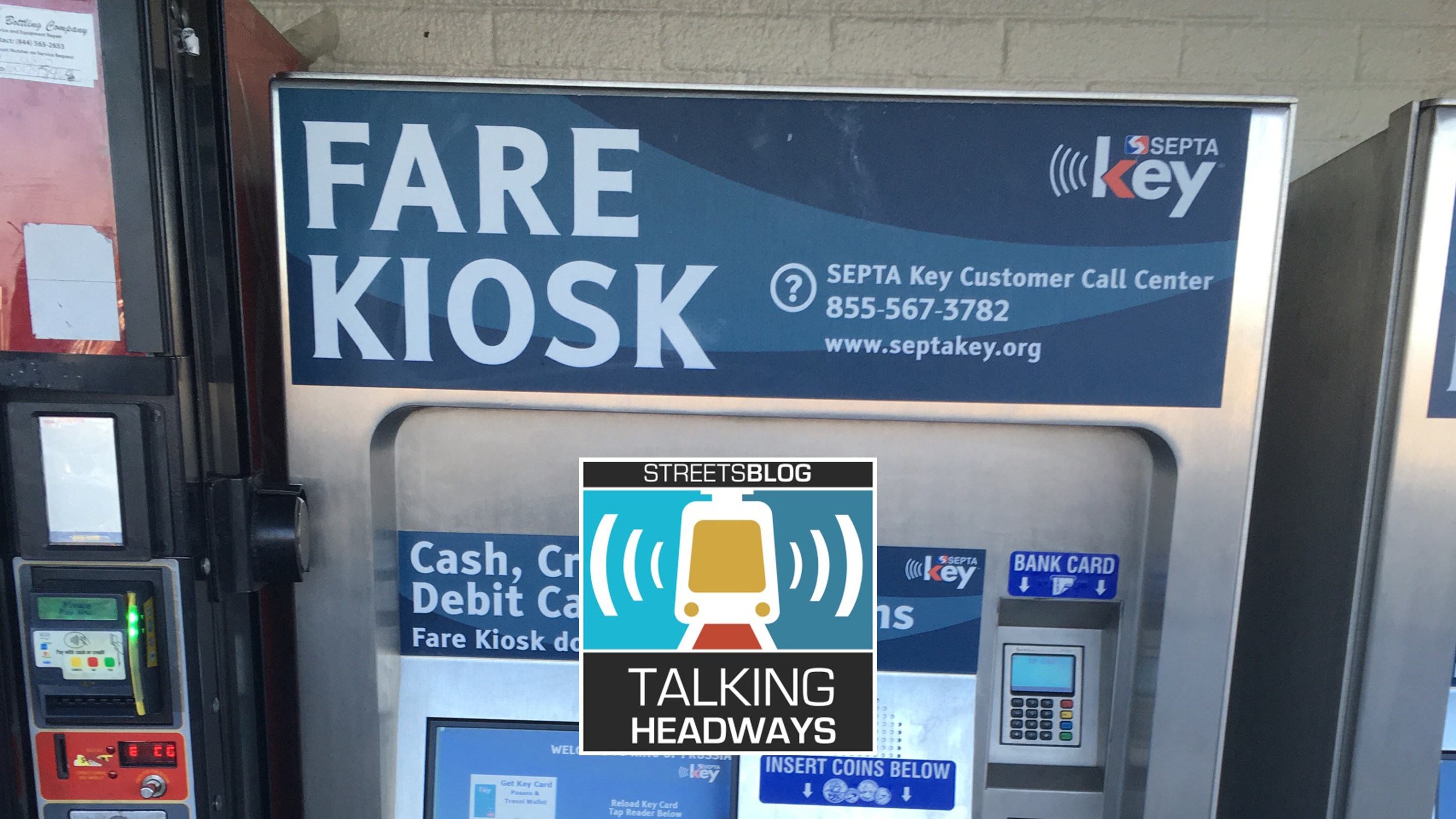This week we’re back at the Mpact conference in Philadelphia and joined by Ruth Miller of Jawnt.
Ruth shares her superhero origin story and how employer transit pass programs like SEPTA’s Key Advantage Program work to support employees, agencies and the region overall.
Scroll down below the audio player for an edited excerpt of our conversation, or click here for an unedited, AI-generated transcript of the entire conversation.
Jeff Wood: I wanted to have you here cause I was really interested in the Key Advantage Program and I’d seen all the positive press about it. And I wanted to learn more about like how it came about, why it matters to the transit agency. So can you give me like an idea of the program and what it is?
Ruth Miller: Absolutely. So again, I don’t live in Philly, but what I’ve heard is that a lot of agencies really used the pandemic as a moment to make good changes that were otherwise going to be very slow or hard. And Philly did a great job capitalizing on that. So the story of SEPTA Key Advantage really starts with the city passing a commuter benefits ordinance in December 2022.
So any employer within the city of Philadelphia that has 50 or more employees is required to offer commuter benefits. And then SEPTA was right there ready to go and make it a lot easier for employers to participate. So the cost of a monthly unlimited trail pass is over $200 and SEPTA Key Advantage is an institutional pass program.
A lot of cities have versions like this and SEPTA’s is unlimited ridership on regional rail on bus on trolley on trains for about 90 percent of the cost of the regular retail price. In addition to creating a cheaper option and then requiring it, they also sought the services of my company Jawnt to help implement it.
What we hear from a lot of the employers that we support with commuter benefits is the administration time and passes in particular can be tricky. If you’re registering for a SEPTA Key Advantage Pass, you need a physical key card, and there’s a number on the card that you need to register with, so the value can go onto the card, but the number on the card is not the one that we need to know. It’s the one that you need to use to create an account online, and then get a different code, and that’s what has to be submitted to your employer or your benefits provider to receive the benefit.
SEPTA knew up ahead, this was going to be a big challenge, and they didn’t want to put that administrative burden on the employers. They wanted to do as much as they could to make the program feel good for everyone involved. It’s supposed to be about increasing access and reducing frustration and helping people love their city. So they worked with Jawnt, a third party benefits provider, and we were able to just make that a little bit of an easier process to have some infield validation, customer support, all that great stuff.
Jeff Wood: So it’s an employee benefit program, but basically the employers pay the transit agency a certain amount of money per employee, or how does that work specifically?
Ruth Miller: Every city’s institutional pass program is a little bit different. And SEPTA’s is part of the new cutting edge, I would say, of usage-based pricing.
LA, Portland, Denver and Philly are the usage-based ones that I’m aware of, which makes sense. You want to make it feel fair. If your office is out in the suburbs and you don’t think a lot of people are going to take transit, you don’t want to pay what feels like an unfair amount to participate, especially because it’s a requirement. So SEPTA came up with a system where for the first six months that you participate in the program, there’s a fixed price. I don’t want to say what it is, but it’s about 90 percent of the retail [price]. And sometimes the employers choose to subsidize the pass entirely for their employees, which obviously we prefer. And that just lets them have unlimited access to explore their city. Sometimes they do pass on some of that cost. And then there’s a question of integrating with payroll, and it’s not insurmountable, but it is a little more friction. And then the employee gets deeply subsidized by both SEPTA and sometimes their employer for transit access. The employer is putting some skin in the game, is participating, and SEPTA gets more ridership.






